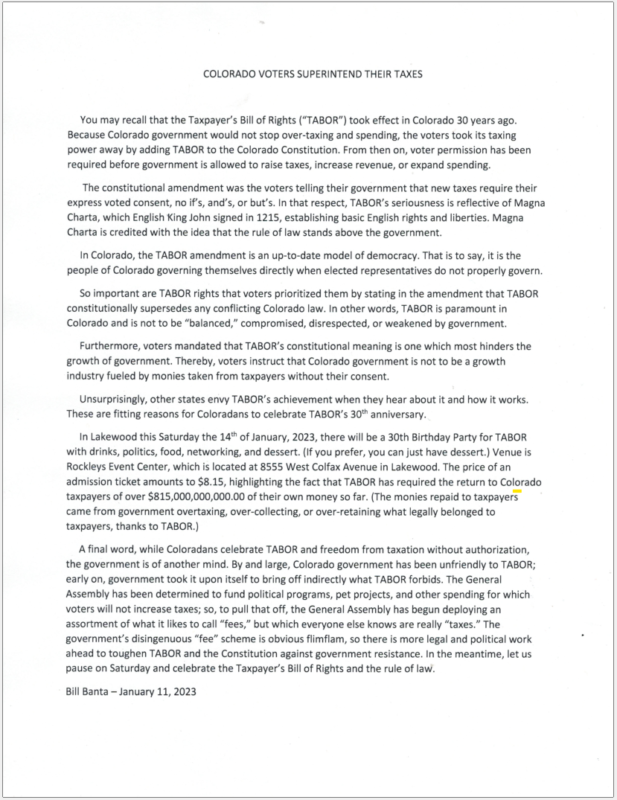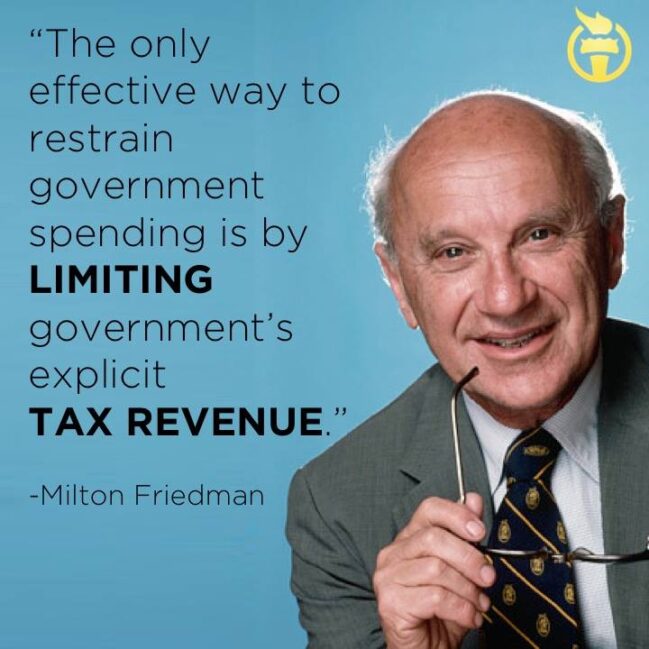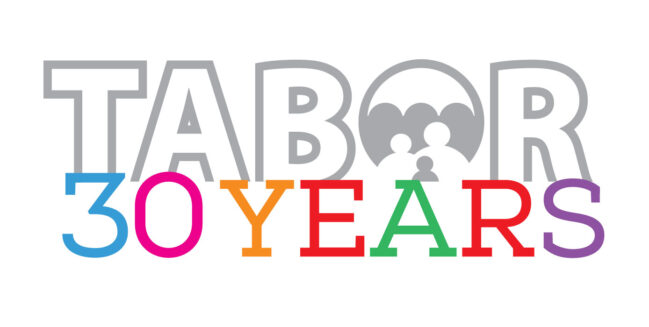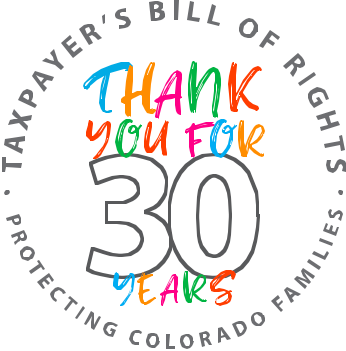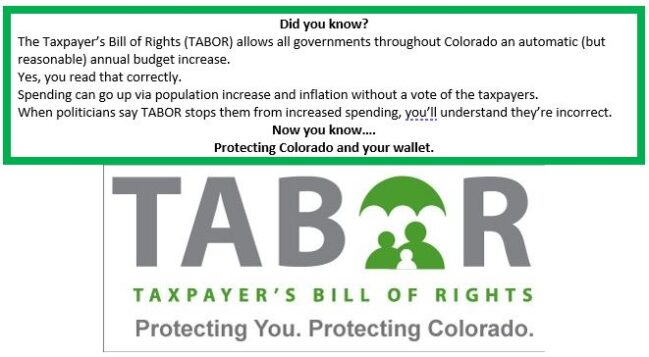
The IRS says our TABOR refunds may be subject to income tax. It’s asking Coloradans to hold off on filing their taxes until it makes a determination.
If you received a TABOR refund last year, you might owe federal taxes on that money.
It is the first time the agency has questioned the taxability of TABOR refunds since voters passed the Taxpayer Bill of Rights 30 years ago.
The constitutional amendment caps the amount of revenue the state is allowed to keep and, anything over that cap, needs to be sent back to taxpayers.
Last year, it was nearly $3 billion, which resulted in $750 checks for individuals and $1,500 for joint filers. Continue reading
